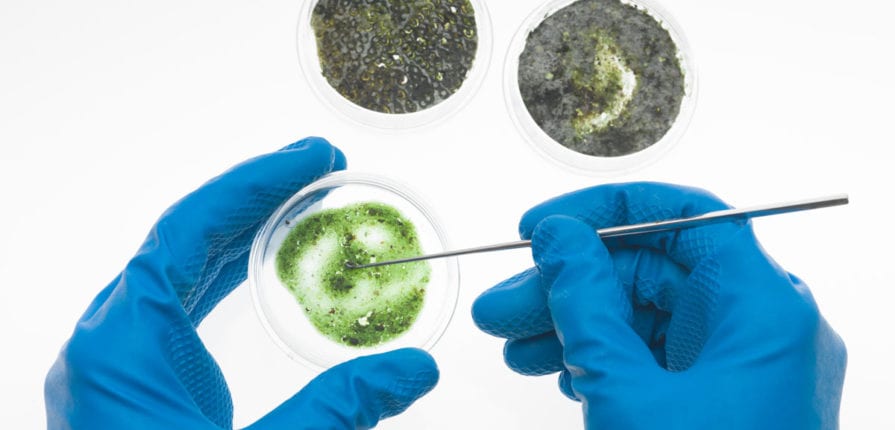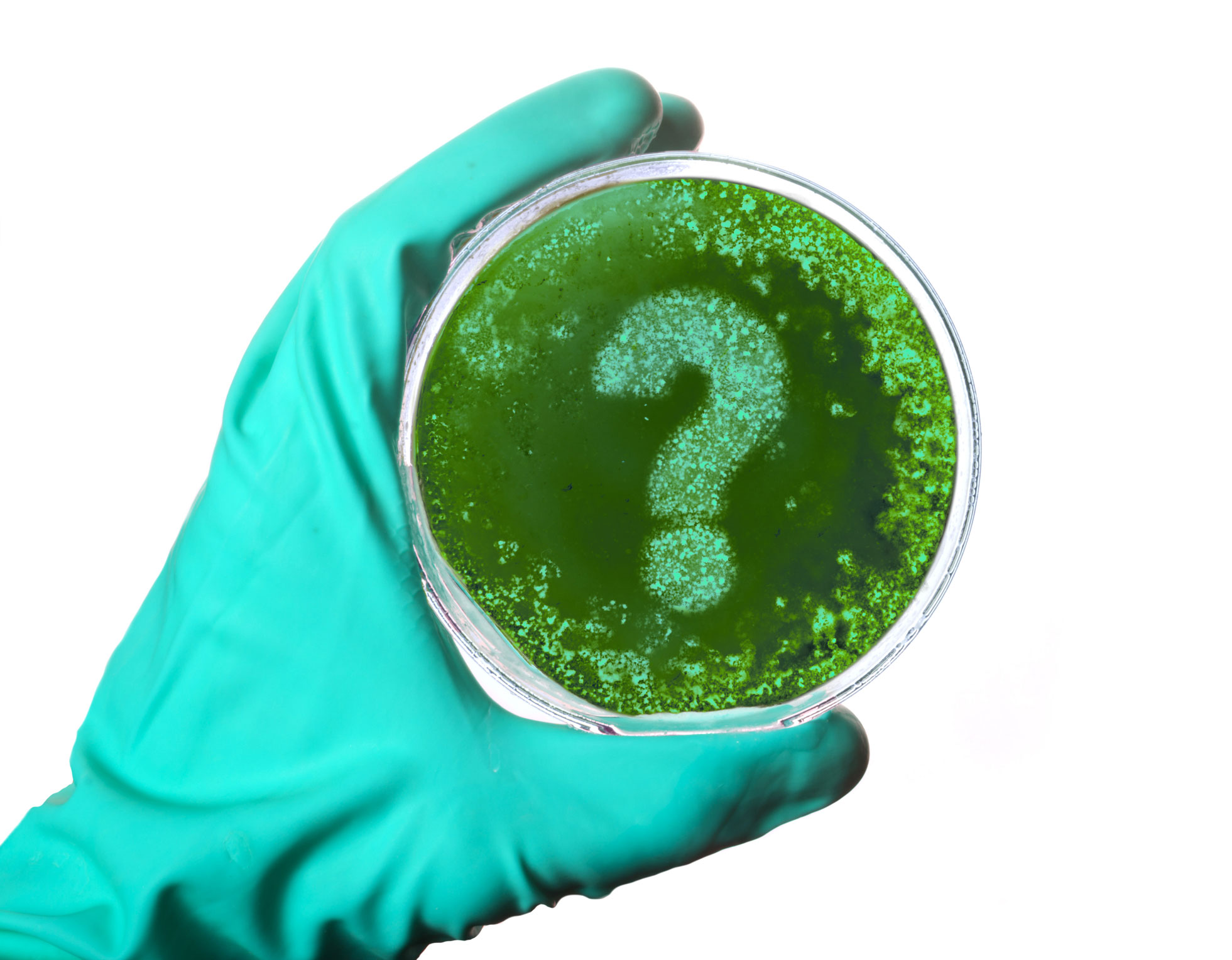Mold Inspection vs. Mold Testing
You might be asking what the difference between a mold inspection and a mold testing really are and which one you should choose. Mold inspections identify the presence of mold and can define the size of the problem, generally in square footage.

When should you get a mold test
Mold testing attempts to identify what specific type of mold occupies your home and how many spores are airborne. It also doesn’t make sense to test for mold if you already know it’s present. The mold problem will need to be remedied regardless of the specific type of mold. Also, as mentioned earlier, every home has some amount of mold spores. They can travel airborne through ducts. The problem is when they attach to a moist surface and grow which you can prevent. There are times that a mold test will be recommended after consultation. However, you will get more bang or your buck if you perform the mold test after a mold remediation process.
Difference Between a Mold Inspection and a Mold Test
A mold inspection without a mold test is based on what our certified mold assessors can physically see. It is purely a visual inspection which is always a great start to determine your situation. The visual inspection is largely based on the experience and knowledge about mold of the inspector. A certified mold assessor will be able to give you a better, more reliable mold inspection with a certified laboratory test. A mold test will more accurately verify if a mold infestation problem exists. As certified specialists, we normally recommend mold testing but it’s not required in every situation. A post analysis mold test, once remediation is complete is always recommended.

When Should you Have a Mold Inspection?
Chances are if you have mold, you will either see it or smell the musty odor. In some instances, a visual inspection is all that is needed to spot mold. However, there may be situations when the mold is growing somewhere not visible. Here are some situations where mold problems can occur, and a mold inspection should be performed:
- Water damage – basement flooding, roof leaked, or a pipe burst. Any place that gets wet and isn’t dried within 24-48 hours.
- New home purchase – in most states, the seller does not have to disclose of water damage. Most home inspectors can spot water damage and mold presence, but for your own peace of mind get an inspection if you have doubts.
- Home unoccupied for an extended time – humidity could build up and give mold ample feeding and breeding ground.
- Following mold remediation – regular mold inspections are a good idea if you have already gone through the costly and extensive steps to deal with a mold problem.
- If you see mold – this is a no brainer! If you spot blue, green, black, white or gray mold growth, get an inspection immediately.

